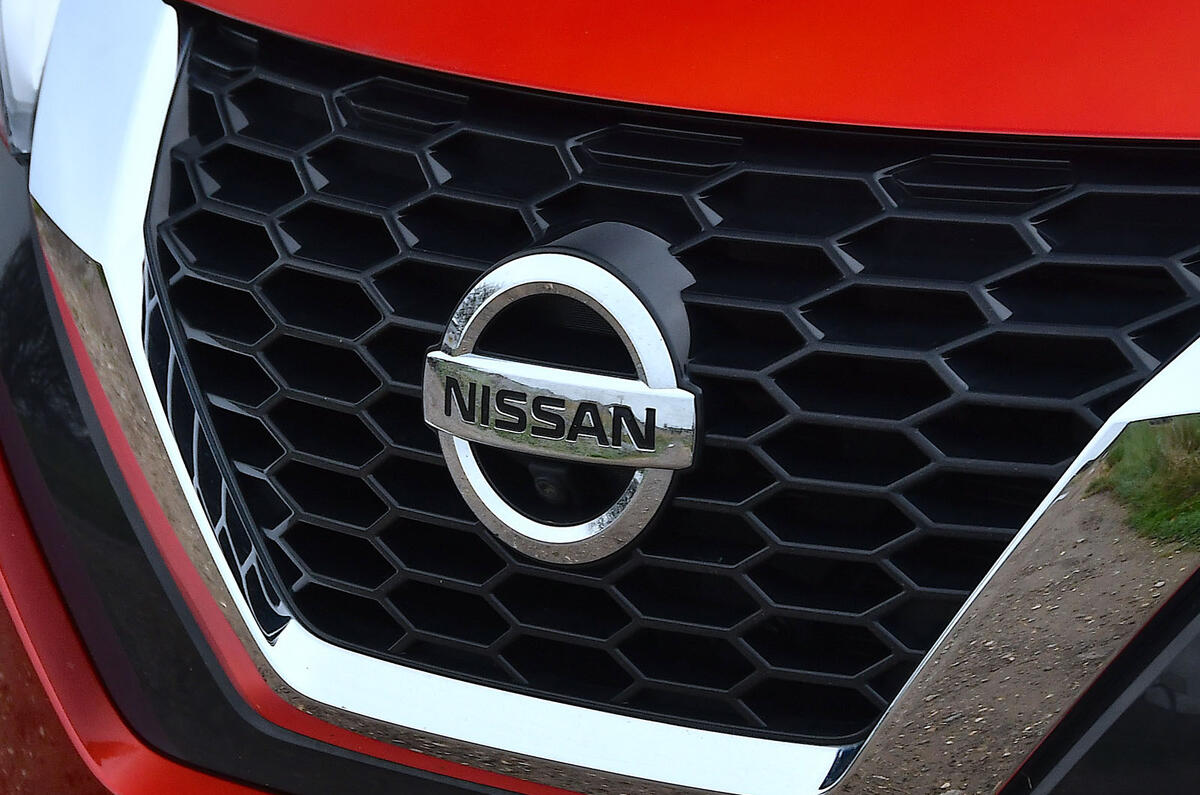The reported merger talks between Honda and Nissan could divide the Japanese car-making industry into two powerful entities.
Neither Honda nor Nissan has confirmed plans for a merger, first reported on 17 December by the Japanese newspaper Nikkei. However, the pair agreed to work together on software and EVs in August.




Add your comment